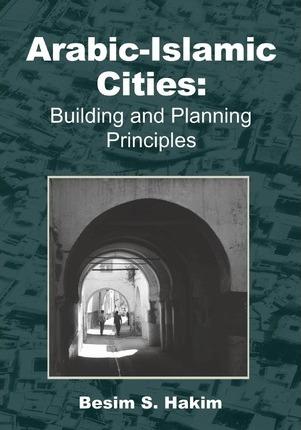Arabic-Islamic Cities: Building and Planning Principles

Arabic-Islamic Cities: Building and Planning Principles
This is a pioneering study of how traditional towns and cities were conceived, organized, and developed over long periods of time following simple rules that were based on the society's norms and ethical values. Sources were used that date back to the fourteenth century and earlier. Although the study is embedded in the Arab-Islamic culture of North Africa and the Middle East, its implications are universal particularly in light of scientific discoveries of natural processes and the underlying principles of complexity theory and the processes that bring about emergence. Generative processes that shaped urban form are clearly demonstrated in the book. The study also sheds light on the implications of responsibility allocation to the various parties who are involved in the development process and the resulting patterns of decision-making that affect change and growth in the built environment. All of these issues are of significance when trying to understand the concepts that relate to various aspects of sustainability, the future potential of eco-cities, and the nature of policies and programs that are required for the immediate present and for the future. This work is a major contribution for enhancing the theories and practice of urban planning and design.
PRP: 209.17 Lei
Acesta este Pretul Recomandat de Producator. Pretul de vanzare al produsului este afisat mai jos.
188.25Lei
188.25Lei
209.17 LeiIndisponibil
Descrierea produsului
This is a pioneering study of how traditional towns and cities were conceived, organized, and developed over long periods of time following simple rules that were based on the society's norms and ethical values. Sources were used that date back to the fourteenth century and earlier. Although the study is embedded in the Arab-Islamic culture of North Africa and the Middle East, its implications are universal particularly in light of scientific discoveries of natural processes and the underlying principles of complexity theory and the processes that bring about emergence. Generative processes that shaped urban form are clearly demonstrated in the book. The study also sheds light on the implications of responsibility allocation to the various parties who are involved in the development process and the resulting patterns of decision-making that affect change and growth in the built environment. All of these issues are of significance when trying to understand the concepts that relate to various aspects of sustainability, the future potential of eco-cities, and the nature of policies and programs that are required for the immediate present and for the future. This work is a major contribution for enhancing the theories and practice of urban planning and design.
Detaliile produsului









